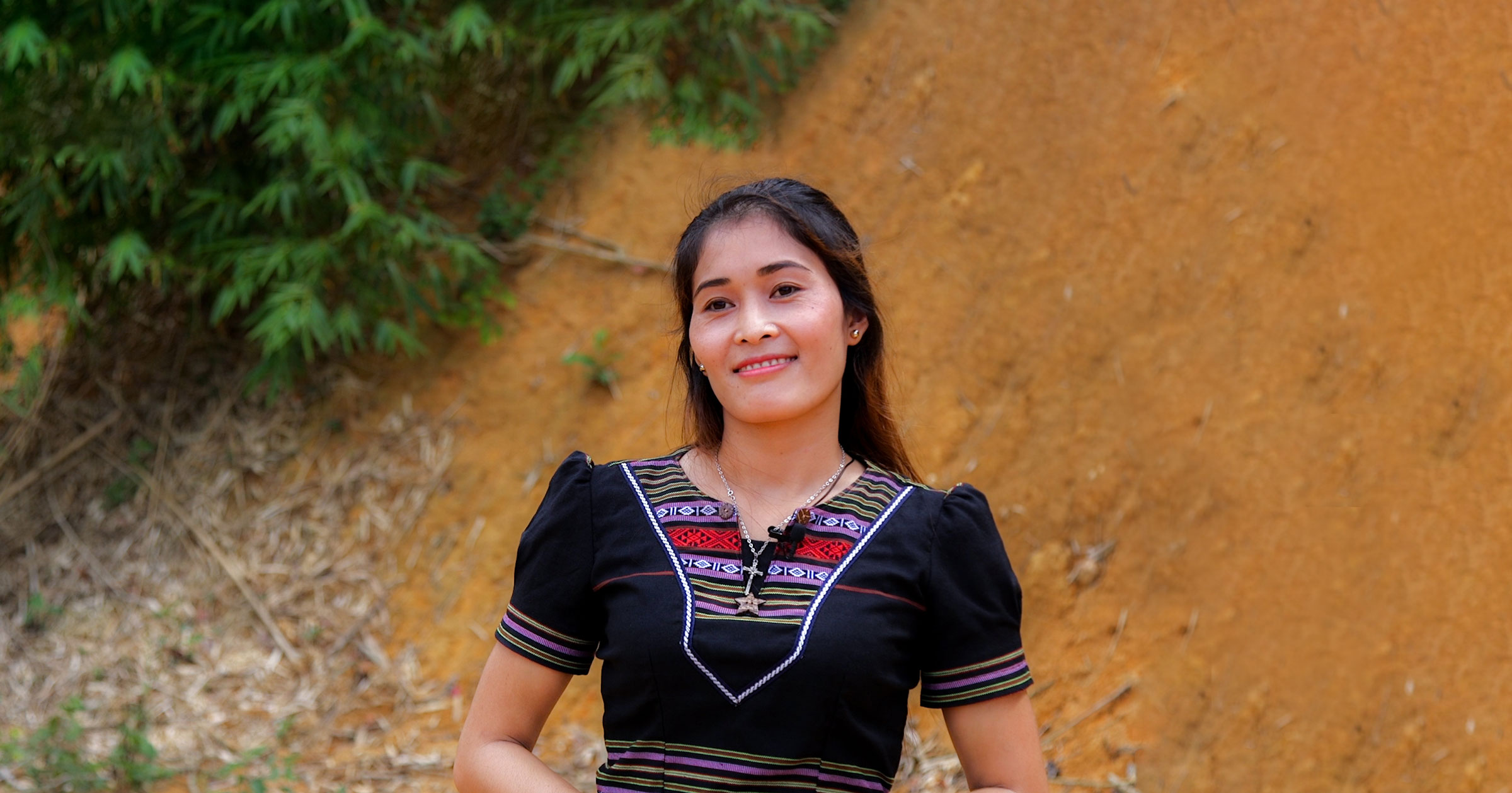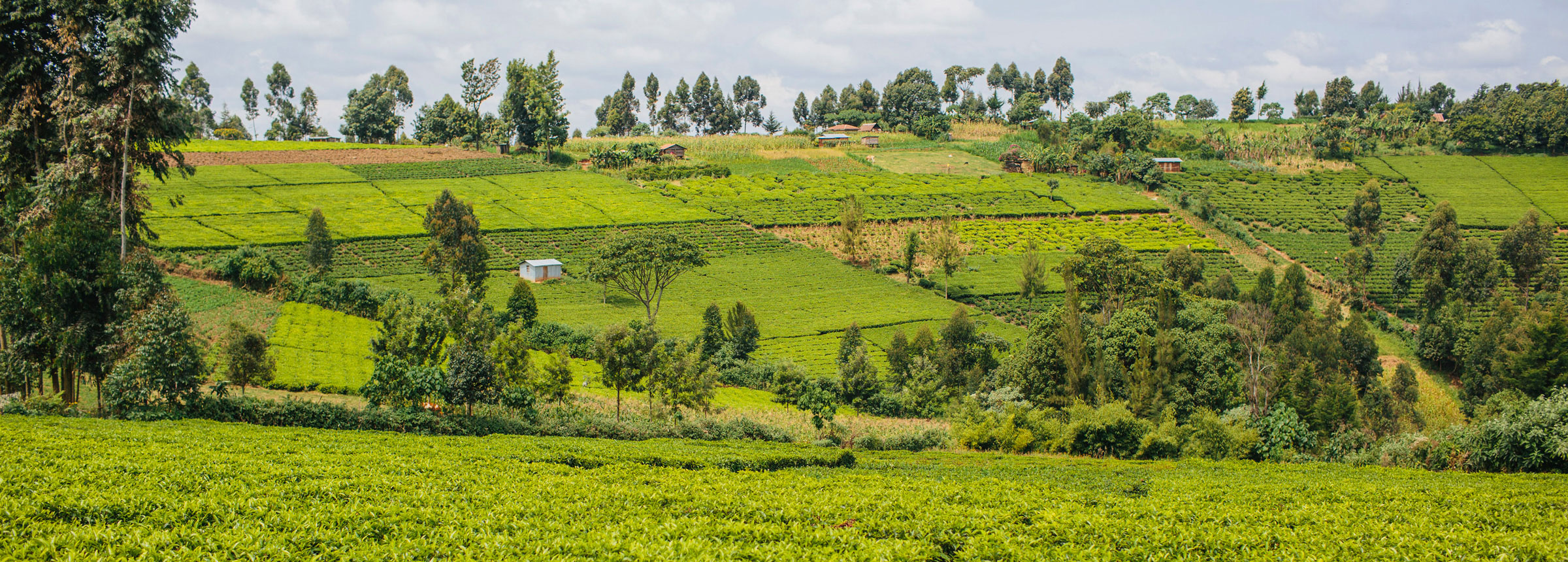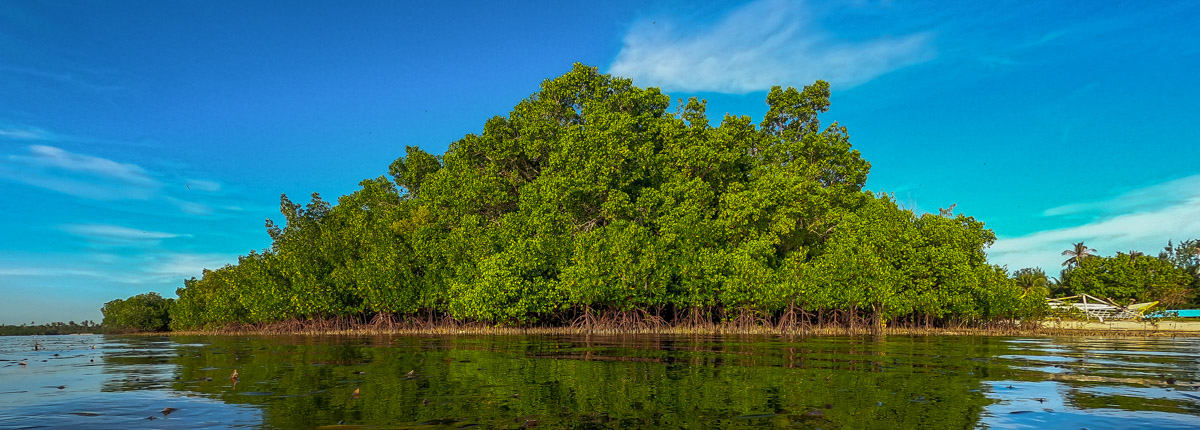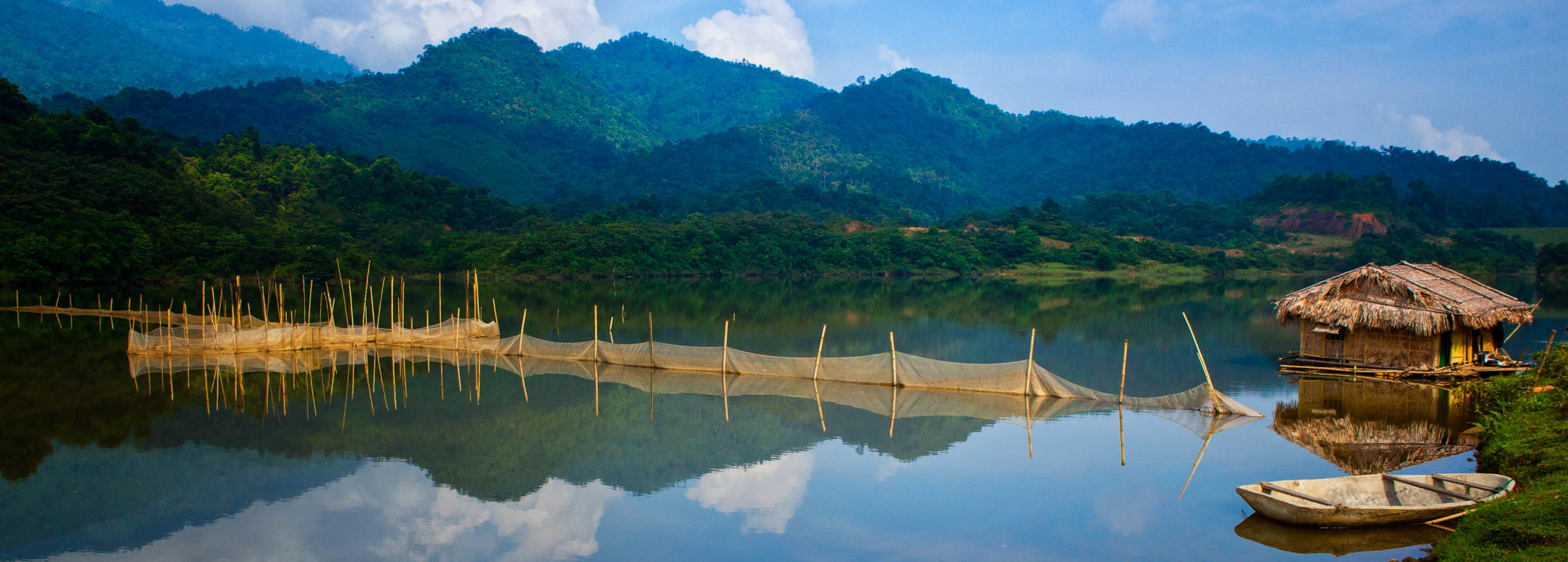
Sundsmo shares Winrock expertise building partnerships and solutions for “just and sustainable” food systems and livelihoods
Winrock’s Associate Vice President for Agriculture, Resilience and Water Aaron Sundsmo joined a USAID panel with other experts to discuss experiences and strategies to strengthen food systems to be more just and sustainable. Protecting food security, ensuring adequate nutrition, access to water and livelihoods opportunities have all become increasingly important in the face of climate change, environmental degradation and unsustainable farming practices.
“Winrock’s approach for building blocks in sustainable food systems is linked to three pillars: economic, environmental and social,” said Sundsmo, who has more than two decades of leadership and technical experience in international development, including 15 years working and living in Africa and Asia.
“This requires a tremendous amount of partnering,” Sundsmo said at the USAID Agrilinks’ Building Partnerships and Solutions for a Just and Sustainable Food System panel discussion on May 31st. “We are changing some of our approaches,” Sundsmo added, “adopting a climate-smart market systems model where we’re increasing the role and coordination together with the private sector … with our small-scale producers, cooperatives, women’s groups and savings groups that we’ve been working with for decades at Winrock.”
The Agrilinks panel highlighted strategies and tactics USAID and partners are using to combat the damaging social, environmental, economic and health impacts as communities face increased food insecurity stemming from multiple, global-level challenges. Discussion topics included how USAID partners like Winrock are responding and developing market-oriented, climate-smart agriculture approaches, improved natural resources management, increased climate finance and partnerships with financial institutions, as well as land tenure rights for Indigenous communities, the role of youth and gender-inclusive programming.
Sundsmo was joined by Deputy Assistant Administrator Bama Athreya of USAID’s Gender Equality and Women’s Empowerment Hub and Inclusive Development Hub; Qahir Dhanani, managing director and partner at Boston Consulting Group; Suzy Friedman, senior director of food policy at WWF; and Eric Reading, chief climate officer for Abt Associates. USAID Senior Policy Advisor Emily Weeks of the Bureau of Resilience and Security moderated the discussion.
Sundsmo and Friedman both echoed the need to work with communities to ensure production of healthy food and diets for all, but especially for marginalized populations and others already facing food security and water access problems. Strengthening livelihood opportunities and building the resilience of farmers and rural populations to mitigate and adapt to the impacts of climate change, will be key to ensuring just and long-term, sustainable solutions.
“We’re starting those conversations, putting that ‘farmer-first’ model in place,” Sundsmo said.
One example of Winrock’s successful approach to galvanizing market-led solutions and local partnerships is the Feed the Future Nigeria Agriculture Extension and Advisory Services. Winrock is partnering with micro-, small- and medium-enterprises and key market actors across Nigeria’s aquaculture, cowpea, maize, rice and soybean value chains. By piloting new technologies, applying market analytics and facilitating private sector investment, the project and local partners are expanding access to agri-inputs and services; so far, over 422,000 farmers have adopted new/climate-smart practices, about 40% of whom are women.
Sundsmo also cited Winrock’s pioneering work partnering with communities through the Vietnam Forests and Deltas project to protect livelihoods and the environment by developing Payment for Environmental Services programs, where over 5 million people are now receiving direct cash payments and services to conserve and manage critical natural resources. For example, a utility company that benefits from clean water may be willing to pay communities upstream to protect and sustainably manage nearby forests to reduce runoff and help maintain water quality.
With support from Winrock, new PFES systems are being designed and led by Indigenous populations in the Solomon Islands through the USAID SCALE-NRM project, which is conserving forests, ecosystems and water resources through private sector engagement and co-financing. Over 85% of land on Malaita Province is communal, Sundsmo said, resulting in long-lasting, complex disputes over land ownership and usage that have slowed deployment of PFES systems and other programming aimed at protecting the island’s forests, which are diminishing rapidly due to unsustainable logging. The project worked with local partners on indigenous terrain mapping activities, engaging traditional leaders to map genealogies and clarify land ownership and access rights. Accurate land mapping has ensured that the resources and payments from PFES are utilized correctly.
By supporting farmer-focused solutions, strengthening community resilience to climate change and other stressors, Winrock and partners are working to expand livelihoods opportunities and contribute to sustainable food production.
Related Projects

Feed the Future Nigeria Agriculture Extension and Advisory Services Activity
Technology offers the potential to achieve major change, and that is certainly true in Nigeria’s agriculture sector. Using a facilitative market systems approach for sustainability, this USAID-funded project takes a “farmer-first” approach to ensure on-farm results and achieve impact at scale. Winrock is partnering with micro, small and medium enterprises and key market actors within…
Strengthening Competitiveness, Agriculture, Livelihoods, and Environment – Natural Resource Management (SCALE-NRM)
Uncontrolled logging is decimating forests in the Solomon Islands, a small country in the South Pacific Ocean. Many factors contribute to this problem, including economic interests, land tenure rights, trust between communities and government, and the regulatory environment. As a result, solutions will require a comprehensive effort to address each factor. The Strengthening Competitiveness, Agriculture, […]
